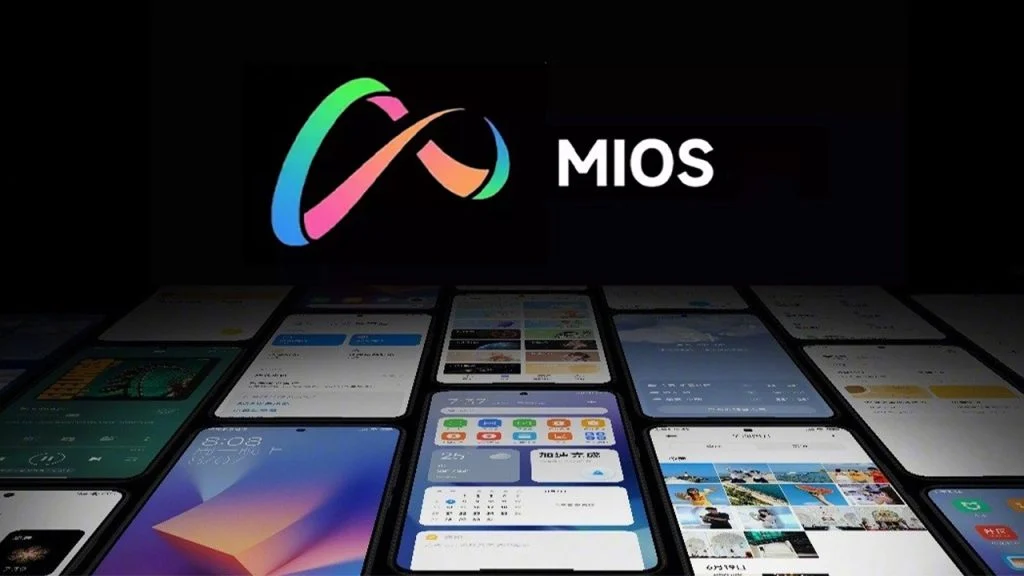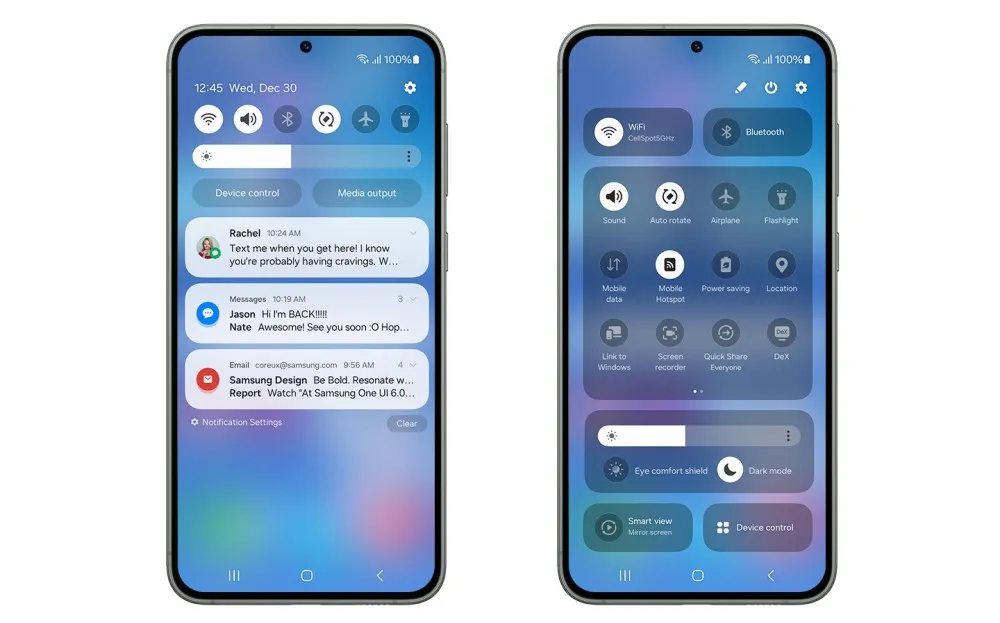Apple’s Groundbreaking Decision: Allowing Third-Party App Stores on iOS
Commencing from March this year with the rollout of iOS 17.4, Apple is introducing a groundbreaking change by permitting third-party app stores on iOS for the very first time.
Furthermore, developers will now have the option to steer clear of Apple’s in-app payment system. This alteration signifies a significant departure from the past, as iPhone users will no longer be restricted to obtaining applications exclusively from the Apple App Store. This move by Apple is a direct response to the Digital Markets Act (DMA) enforced in the European Union.
Apple’s New Fee Structure for Developers in the EU
Preceding the introduction of the DMA, Apple imposed a 30 percent commission rate on most App Store transactions, such as app downloads and in-app purchases. Nonetheless, smaller developers generating less than $1 million annually were granted the liberty to pay merely 15 percent.
Within the EU, Apple is revamping the charges applicable to iOS apps. Developers now have the liberty to select between a 17 percent commission (with an additional 3 percent if utilizing Apple’s payment system) or a 10 percent commission (plus 3 percent) designated for small businesses, a significant reduction from the earlier 30 percent.
Structural Alterations in Core Technology Fee and Distribution
Moreover, a new element has emerged, termed the Core Technology Fee (CTF) of €0.50 per annual installation for high-traffic apps (exceeding one million installations per annum). This charge is levied per customer account for the initial installation per year. The majority of developers will be exempt from this fee, as it pertains to a small fraction of apps.
Despite developers now having the ability to circulate apps beyond the App Store, the CTF remains applicable once they cross the threshold of volume, irrespective of the platform. The exclusive domain over in-app acquisitions no longer stands, with a 3 percent charge in case developers opt for its utilization. Furthermore, alternative app marketplaces must also remit the CTF for downloads. Additionally, Apple will exert control over which app stores can be accessible on its App Store.
Ramifications for Developers
Nikita Bier, the co-founder of social-media startups Gas and tbh, emphasized that under the revamped structure, if a developer garners $10 million in revenue, Apple’s share would amount to $6.2 million annually. Factoring in presumed expenditures and taxes, the net earnings for the developer would stand at $2 million, representing a mere 20% of their overall sales.
Bier raised a poignant concern that for numerous applications, especially those generating less than $0.57 per user, the novel fee arrangement may culminate in adverse earnings, translating to developers owing money to Apple rather than accruing profits. Consequently, Bier articulated a reluctance towards launching an app in Europe given these circumstances.


